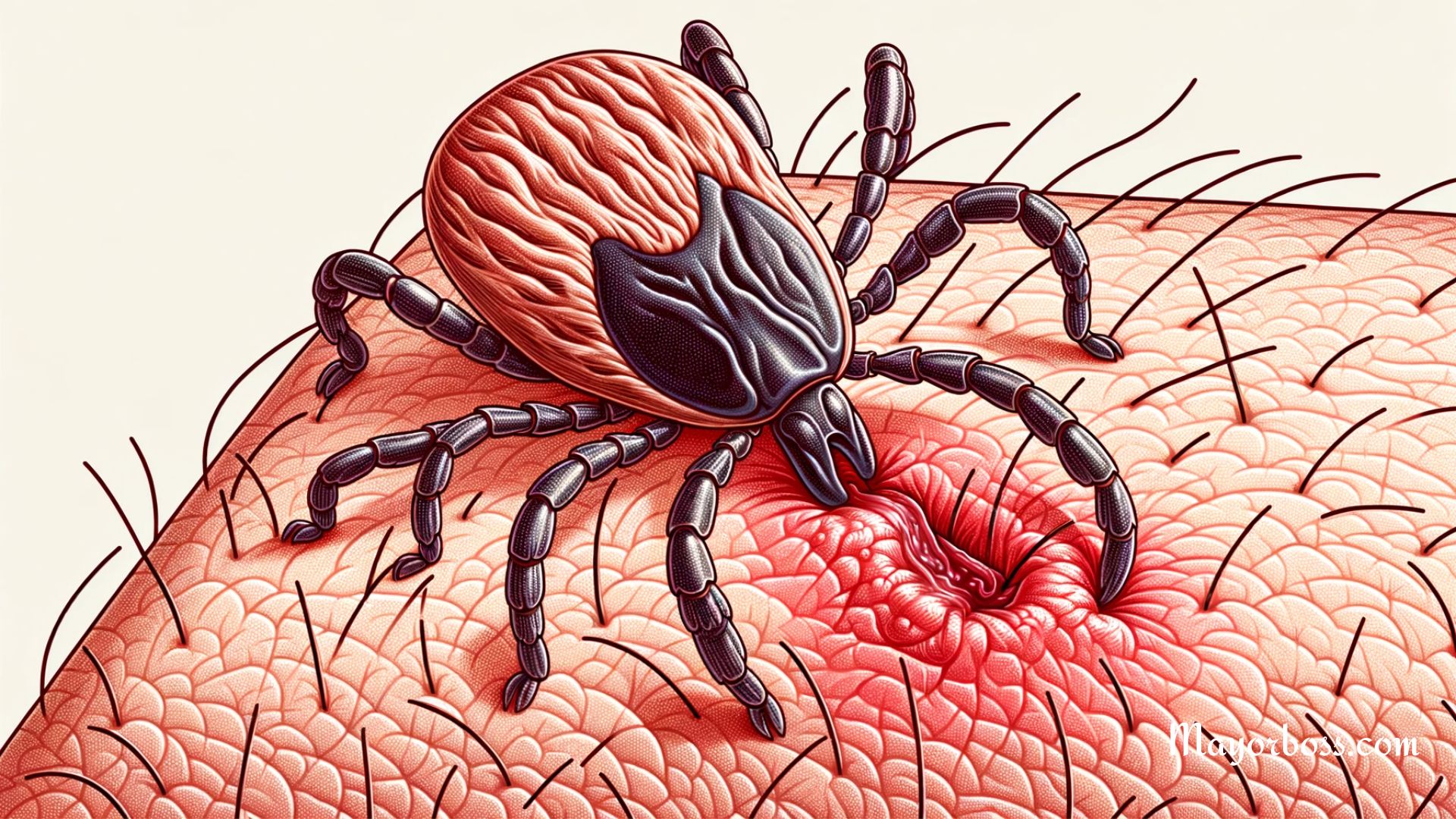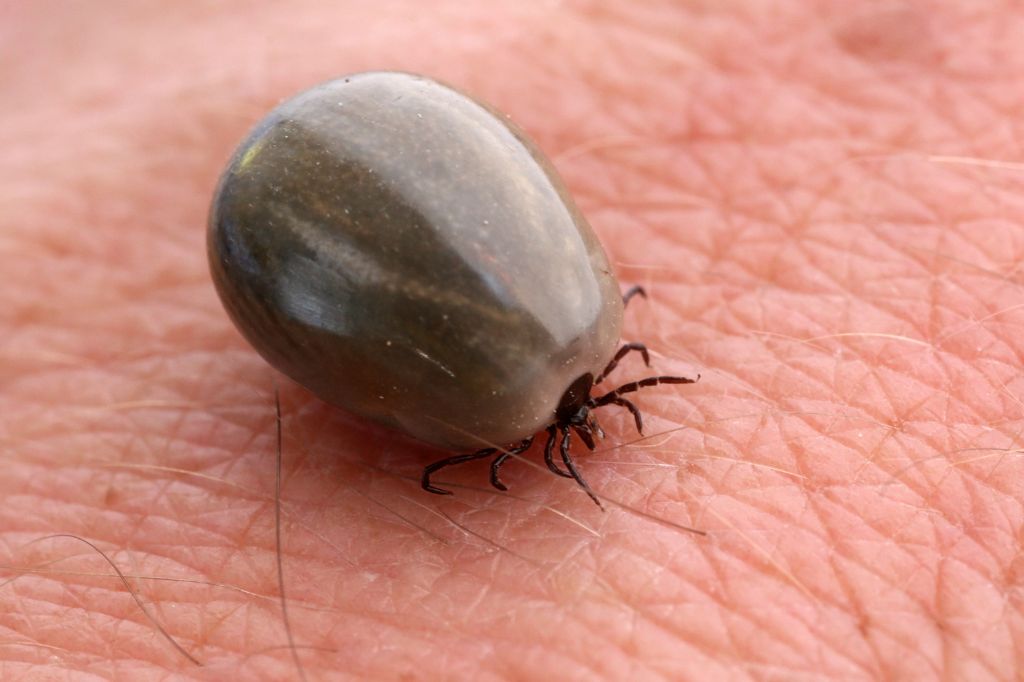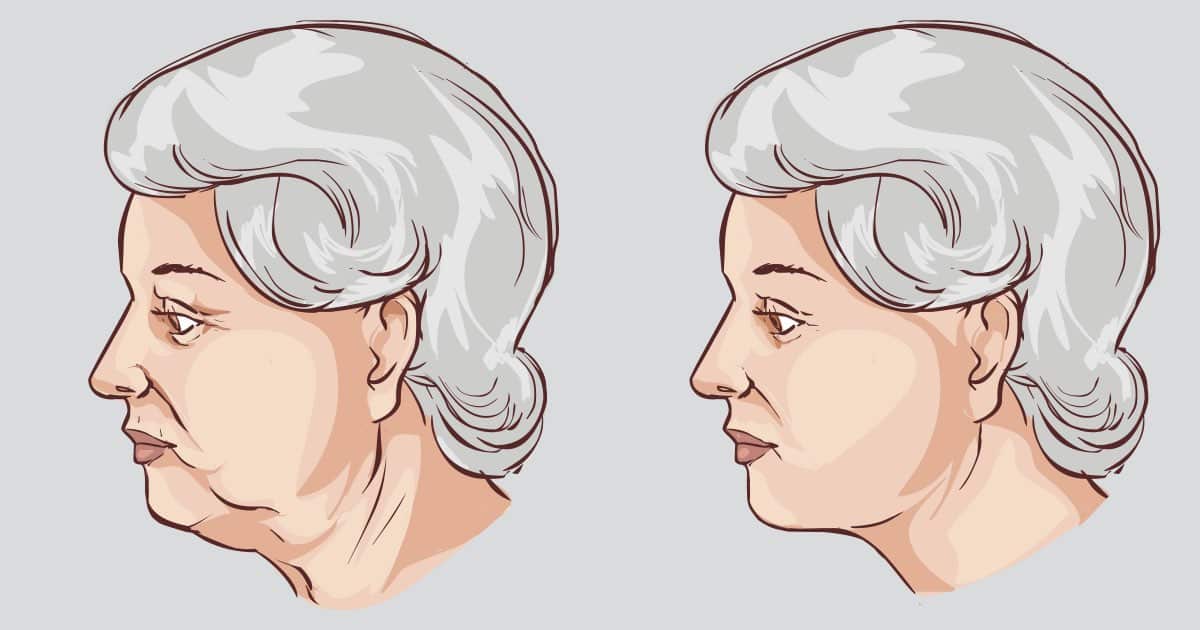What is Babesiosis?
What is Babesiosis?
Babesiosis is an infection caused by tiny parasites that infect red blood cells. Spread mainly by ticks, this ailment can even be transmitted through blood transfusions or from mother to baby during pregnancy. People often mistake it for the flu because symptoms include fever, chills, and muscle aches.

How Do Someone Get Infected With Babesia?
The main agents of Babesiosis are the Babesia parasites, which are commonly transmitted by the black-legged tick, also known as the deer tick. You might get bitten by a tick while walking through tall grass or heavily wooded areas. After the tick bite, the parasites enter your bloodstream and target your red blood cells.
What Are The Symptoms And Signs Of Babesia Infection?
Many people with Babesiosis don’t show symptoms, but when they do, the signs can be quite subtle at first. As the infection progresses, you might experience a combination of fever, chills, sweats, fatigue, headache, and body pains. In some cases, the symptoms can become severe, especially for those with weak immune systems or without a spleen.
At-Risk Groups
Babesiosis is particularly risky for certain groups of people. If you’re over 50, have had your spleen removed, or have a condition that affects your immune system, you’re more likely to have severe symptoms. Additionally, patients undergoing cancer treatments or living with HIV/AIDS need to be extra cautious.
Diagnosis and Treatment
Doctors typically diagnose Babesiosis through blood tests, which can reveal the parasites inside red blood cells. Once diagnosed, treatment usually involves a combination of antibiotics and antiparasitic drugs. For most people, this treatment works well, and they recover without any lasting issues.
Prevention Tips
To keep yourself safe from Babesiosis, it’s wise to avoid tick-infested areas. If you do venture into these areas, wearing protective clothing and using tick repellents can help. Always check your body for ticks after being outdoors. Since there is no vaccine for Babesiosis, preventing tick bites is the best defense.
If you think you might have been bitten by a tick or are showing flu-like symptoms after being in an area known for ticks, you should see a doctor. They can help determine if you have Babesiosis and provide the proper treatment.






